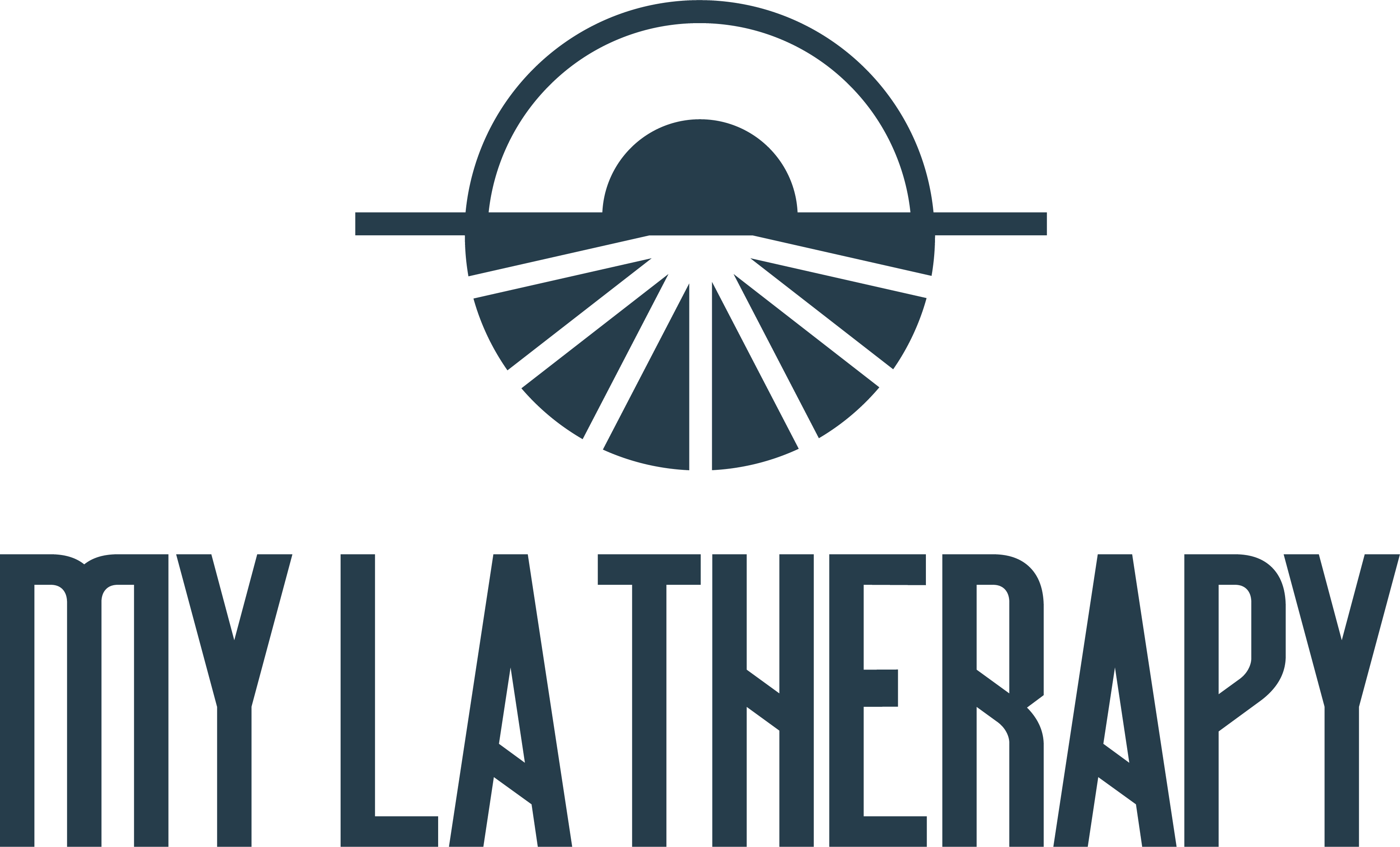Addiction and Recovery Therapy
At the root of all addiction is the fear of facing the painful aspects of life.
A.K.A. reality.
And when an individual becomes addicted to a substance or behavior, not having access to it leads to severe withdrawal symptoms.
This unpleasant, crawl-out-of-your-skin feeling makes it difficult to step away from the bad habit, which in turn makes the addiction even worse.
The unhealthy cycle—more like an abyss—of addiction can have detrimental effects on your health, work performance, and relationships.
Addiction can eventually lead to extreme psychological and physical issues, which can be difficult to overcome on your own.
It’s important to understand that addiction can be brought on by genetic or environmental based factors.
If your parent is an alcoholic or addict, then you may be genetically predisposed with the same wiring in addition to experiencing environmental conditioning that modeled using substances as a way to cope or escape.
It’s a double whammy.
Regardless of how your addiction developed or where you’re at in acknowledging its presence, there is always a way to end it and make a positive change to your life.
Interesting fact: many people who struggle with addiction don’t even realize they are addicted.
Here are some signs and symptoms that you may be experiencing addiction.
Book A Free Call
Book a free call to get matched with one of our warm and experienced Addiction and Recovery therapists.
Signs and Symptoms of Addiction
- Repeating something, regardless how it interferes with your life.
- Losing interest in everything else.
- Being continuously violent, angry, moody, or depressed.
- Continued use, despite health problems.
- Building up a tolerance.
- Negative impact on relationships with others.
- Cravings.
- Using in a dangerous or problematic situation.
- Seeing negative effects in eating habits, sleeping habits, and weight.
- Feelings of sickness or shakiness when trying to quit your addiction.
With extensive experience and special training in addiction, substance dependency, and recovery, our team of therapists can help you face the pain you’ve been avoiding and break free from the chains of addiction.
Any addiction is difficult to overcome on your own, and most people who experience it need additional help.
Whether your addiction is to alcohol, drugs, food, sex, pornography, or love, exploring and facing the underlying issues through therapy can set you free from the compulsive need to engage in addictive behaviors that hurt you and the ones you love.
The most mainstream recovery route—besides conventional talk therapy—is the 12-step program.
The most common one that you’ve probably heard of is Alcoholics Anonymous, but there are similar 12-step programs that cover all sorts of addictions, like SLAA (Sex and Love Addicts Anonymous), NA (Narcotic’s Anonymous), DA (Debtor’s Anonymous), etc.
The purpose behind every 12-step program is the same: to offer addicts a spiritual path to recovery that changes their lives at its core.
Here are the 12 steps that you must take in order to “graduate” the program.
But don’t be mistaken, this program isn’t a one-and-done solution.
It is a lifelong commitment and newfound way of life.
Research-based, personalized therapy.
At My LA Therapy, our warm and experienced therapists specialize in anxiety, depression, trauma, & relationships.
The 12 Steps of Recovery
- We admitted we were powerless over alcohol–that our lives had become unmanageable.
- Came to believe that a Power greater than ourselves could restore us to sanity.
- Made a decision to turn our will and our lives over to the care of “God” as we understood Him.
- Made a searching and fearless moral inventory of ourselves.
- Admitted to God, to ourselves and to another human being the exact nature of our wrongs.
- Were entirely ready to have God remove all these defects of character
- Humbly asked Him to remove our shortcomings
- Made a list of persons we had harmed, and became willing to make amends to them all.
- Made direct amends to such people wherever possible, except when to do so would injure them or others.
- Continued to take personal inventory and when we were wrong promptly admitted it.
- Sought through prayer and meditation to improve our conscious contact with God as we understood Him, praying only for knowledge of His will for us and the power to carry that out.
- Having had a spiritual awakening as the result of these steps, we tried to carry this message to alcoholics and to practice these principles in all our affairs.
Although these steps have an intentional order to them that coincides with the recovery process, it is very common for people in the program to jump around from one step to another.
Sometimes you might even revisit past steps in the event of a setback or relapse.
And speaking of the word “relapse”—it’s crucial to remember that there is space for relapsing in the program.
In fact, relapse is part of the path to recovery.
These 12-step programs typically link you up with a sponsor, a more experienced person in the program that makes him/herself available for support and guidance.
It’s extremely helpful to have someone you can turn to that understands the struggles you’re enduring and to hold you accountable for your actions.
At My LA Therapy, we are here to support your journey if you choose to join the 12-step program, and we can even help you find a meeting that’s the best fit for you.
Our evidence-based, scientifically proven interventions are demonstrated to be effective for overcoming addiction and the associated mental health conditions such as trauma, anxiety, and depression.











